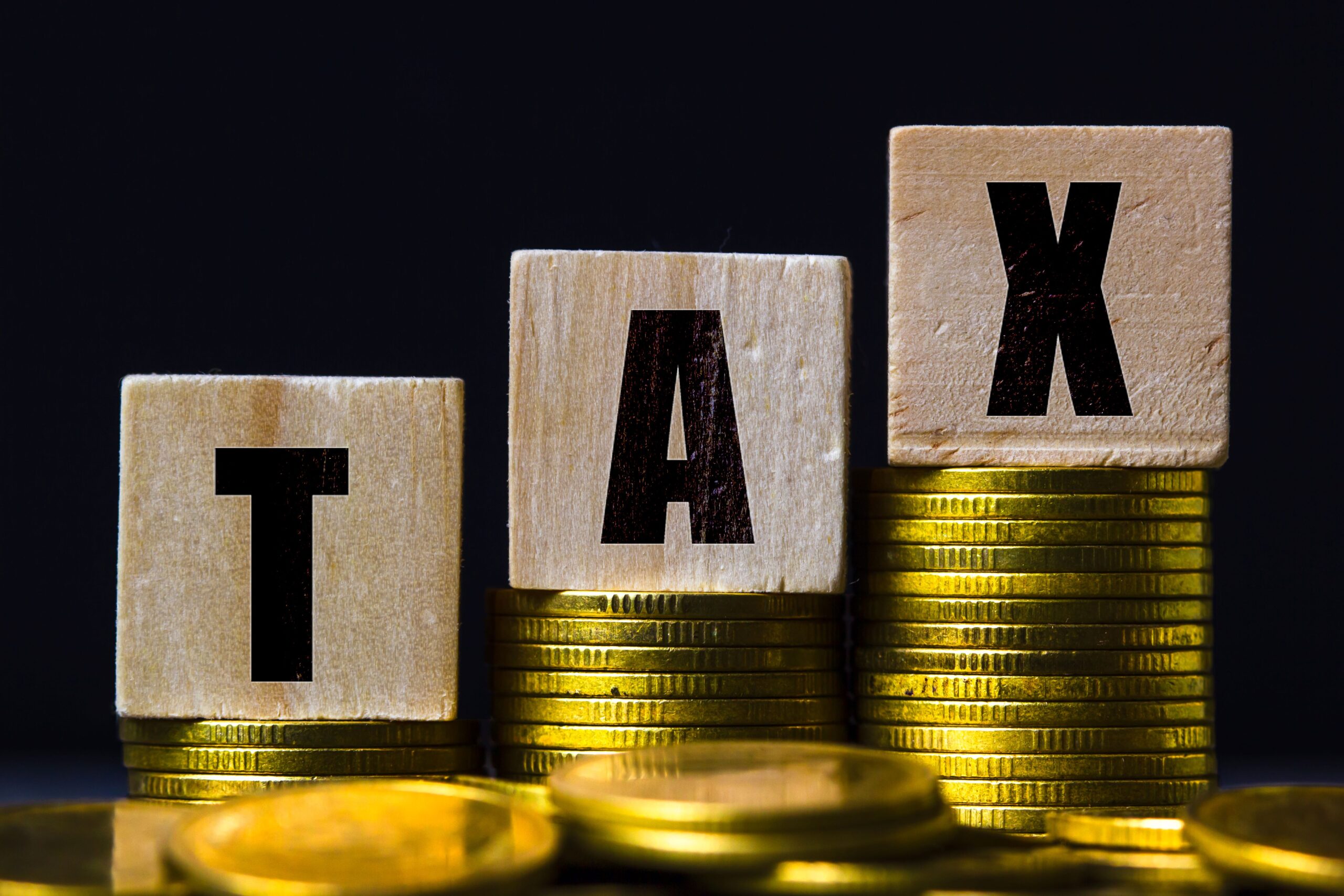What started as a fringe notion has slowly edged into official conversations. By 2021, talk of removing Wisconsin’s personal income tax began gaining traction — not just in think tanks, but in legislative halls. The voices pushing for repeal often point south or west — to Florida, to Texas — where no income tax is already the norm. That comparison drives part of the momentum. But is it that simple? Well, not exactly.
Read also: Soft2Bet Development as a Global iGaming Platform: Financial Analytics and Licensing
A Revenue Tradition
Wisconsin has history here. Over a century ago, in 1911, it became the first U.S. state to implement a personal income tax. The move was meant to ease pressure on property owners. Over time, that single tool became a financial backbone: funding schools, healthcare, infrastructure.
By 2022, the income tax had morphed into a tiered system, with rates from 3.5% to nearly 8%. The revenue it brought in? Over half of the general fund — money that keeps the lights on, figuratively and literally. So any plan to eliminate it would need a solid alternative.
Supporters Say: Let the Market Breathe
Those backing the repeal usually make three central claims:
- Mobility matters. Businesses and families, they argue, flock to lower-tax states. The data? Mixed. But compelling in headlines.
- Simplification. Fewer forms, fewer layers. That alone sounds attractive to small business owners.
- More money stays local. If taxes fall, people spend more — or so the thinking goes.
Some plans propose shifting the burden toward sales taxes. Not a small tweak — rates could rise to 8% or higher, depending on how exemptions are handled. Others suggest rethinking what gets taxed entirely. But then comes the part many skip: what happens next?
…But Others Ask: At What Cost?
Not everyone’s convinced. Cutting out such a large revenue stream — nearly $9 billion annually — leaves a hole.
Then there’s equity. Sales taxes hit differently. For households living paycheck to paycheck, every percentage point hurts more. It’s not theoretical. It’s weekly grocery bills.
And volatility creeps in. Sales tax revenue swings with the seasons and with the economy. Income taxes, for all their flaws, are more reliable over time.
There’s also the quiet cost: fees, levies, and elevated property taxes that often creep in to fill the gap. It’s not always a trade voters expect.
The Political Climate
Governor Tony Evers has been cautious. He hasn’t closed the door on reform — but he’s flagged concerns about schools and healthcare access. In his words: any move needs to be “responsible.”
Among Republicans, the tone is more assertive. Lawmakers like Senator Dale Kooyenga argue Wisconsin needs bolder tax strategy to keep its edge. Kooyenga, with a finance background, sees this as a long game: talent retention, investment, growth.
Yet so far, no repeal bill has landed on the governor’s desk. The debate remains a vision, not a signed policy.
So Where Does It Stand?
As of 2025, the idea of scrapping Wisconsin’s income tax is still hovering — not dead, not imminent.
Budget analysts continue to run numbers. Lawmakers toy with smaller changes: bracket tweaks, credits, pilot programs. But no full overhaul — not yet.
What would it take? Public trust. A replacement that doesn’t implode essential services. And a political environment willing to experiment — carefully.
It’s not about whether change is possible. It’s about whether change can hold.
